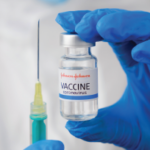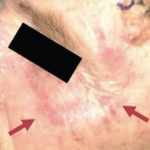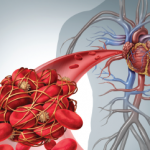Cannabis arteritis mirrors thromboangiitis obliterans in its clinical and arteriographic presentation, but its relevant exposure is cannabis rather than tobacco.1 Whether cannabis arteritis is a subset of thromboangiitis obliterans or a unique pathologic entity is debatable. Delta-9-tetrahydrocannabinol, the primary psychoactive component of cannabis, is a peripheral vasoconstrictor.2 This offers mechanistic insight into how cannabis may…









